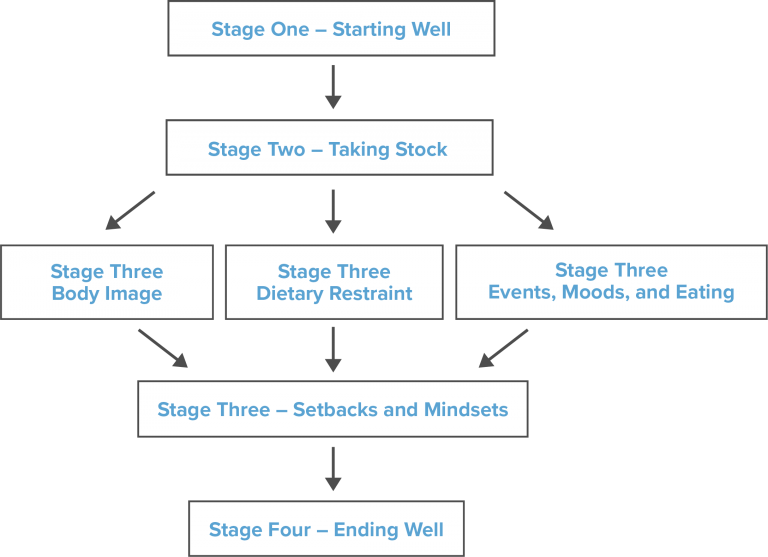
CBT-E Training
What is CBT-E?
CBT-E stands for Enhanced Cognitive Behavior Therapy. It is one of the leading evidence-based treatments for eating disorders, including anorexia nervosa, bulimia nervosa, binge-eating disorder, and other similar states.
CBT-E was originally developed as an outpatient treatment for adults. A version of the treatment is available for younger people, and it is also available as an intensive form for day patients and inpatients. It is a highly individualized treatment that focuses on the factors that maintain the disorder. The therapist creates a version of CBT-E tailored to match the eating problems of the person receiving treatment.
For more information as a therapist or healthcare provider visit
https://www.cbte.co/for-professionals/
For the general public visit
https://www.cbte.co/

Who should take Web-Based Training in Enhanced CBT (CBT-E) for Eating Disorders?
To receive online CBT-E training, therapists must meet these criteria:
- Have a genuine desire to learn CBT-E
- Have already received training in the delivery of short-term psychological treatments
- Currently work with patients/clients who have eating disorders
- Be able to recruit one or more suitable training cases prior to starting the training, and be able to treat them while following the online training program
- Be able to devote the time needed to complete the Course (11 to 15 hours online over two to six months) plus the time needed to treat one or more training case
For information on eligibility requirements to take part in the CBT-E Training, please visit https://www.cbte.co/for-professionals/web-based-training/

Access Web-Based Training in Enhanced CBT (CBT-E) for Eating Disorders
For therapists who have access to funding the training is charged for, to support costs and enable wider access. If you do not have access to funding you may still quality.
To be considered for this free online training, email [email protected]. Access is granted after an eligibility check.
CBT-E Map
This involves gaining a mutual understanding of the person’s eating problem and helping them modify and stabilize their pattern of eating.
Progress is reviewed and treatment barriers are identified and addressed. A plan is formed for treatment.
The main body of treatment is a series of weekly sessions focusing on the processes that are maintaining the person’s eating problem.
The emphasis shifts to the future, focusing on dealing with setbacks and maintaining changes.

Who Provides CBT-E Training?
The Web-Based Training in Enhanced CBT (CBT-E) for Eating Disorders website has been developed by the Centre for Research on Eating Disorders at Oxford and its development has been funded by The Wellcome Trust.


